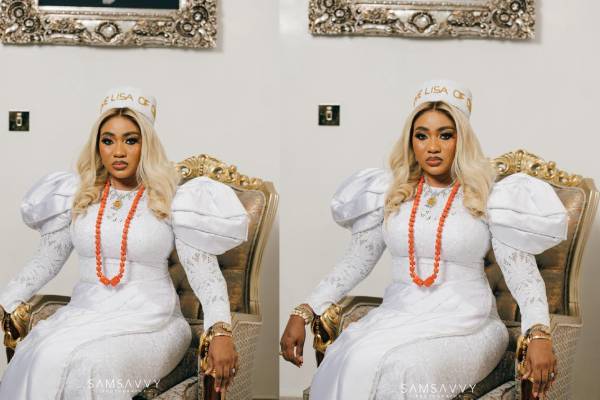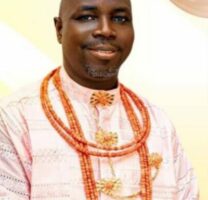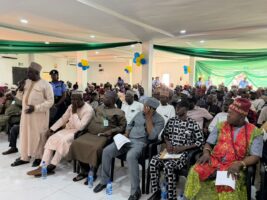In Nigeria’s evolving political and cultural landscape, the role of traditional institutions continues to draw attention. One figure making a mark in this space is Her Royal Highness, Queen Lynda Isika Omosehin, the Yeye Lisa of Osooro Kingdom, who has emerged as both a cultural ambassador and a voice for inclusive governance.
Queen Lynda, who holds a prominent position in the Osooro traditional council, is recognized for bridging the gap between age-old customs and contemporary governance. While upholding the cultural values of her people, she has consistently stressed that effective leadership in today’s society requires innovation, collaboration, and practical solutions to pressing challenges.
At events such as the Ondo Emerging Leaders Conference, she has highlighted the importance of partnership between traditional rulers, youth, and political leaders in addressing unemployment, women’s empowerment, and sustainable community development.
Observers note that her leadership style reflects a balance between tradition and modern advocacy. By maintaining strong ties with policymakers while remaining grounded in cultural heritage, Queen Lynda has positioned herself as a key figure in ensuring that the interests of Osooro people are well represented at both state and national levels.
Analysts say her example underscores the relevance of traditional authority in a democratic era. According to them, the Yeye Lisa’s approach demonstrates that culture and governance do not have to stand apart, but can complement one another to advance progress.
For Queen Lynda, her title is not just ceremonial but a platform for service. Community leaders describe her as deeply committed to building stronger institutions, advancing inclusivity, and promoting peace and development.
As Nigeria continues to seek ways of blending heritage with modern governance, Queen Lynda Omosehin stands out as a leader embodying that vision—one who represents both continuity and change.





